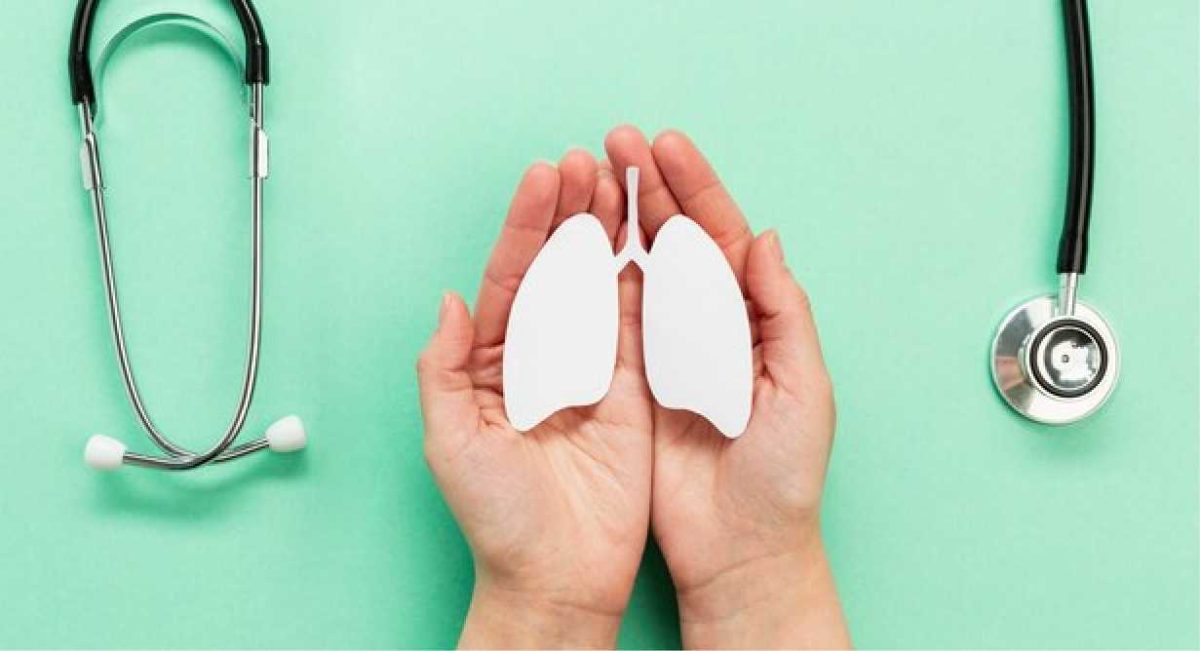As we shine a spotlight on Lung Cancer Month this November, it’s imperative to delve beyond the basics and uncover nuanced aspects of the disease. Today, we explore 7 things to know about lung cancer. If you are wondering how to prevent lung cancer, these crucial insights go beyond common knowledge, offering valuable information to enhance your understanding of the disease. Let’s begin!
7 Things to Know About Lung Cancer
Lung cancer is a common disease in the United States affecting both men and women. However, while it is common knowledge that smokers are susceptible to the illness, there are other crucial information that aren’t popular. Let’s discuss a few of them briefly.
- Genetic Factors and Lung Cancer
One of the things to know about lung cancer is that while smoking remains a primary risk factor, there is a growing awareness of genetic predispositions to lung cancer. Individuals with a family history of lung cancer may have an increased risk, even if they’ve never smoked. Genetic testing can identify specific mutations that elevate the risk, allowing for targeted screening and early detection.
- The Impact of Air Quality on Lung Cancer Risk
Smoking remains the leading cause of lung cancer, responsible for approximately 85% of cases. However, beyond smoking, environmental factors significantly contribute to lung cancer. Prolonged exposure to air pollutants, asbestos, and radon increases the risk, emphasizing the importance of monitoring indoor air quality and addressing occupational exposures. Public awareness campaigns are vital to highlight the connection between clean air initiatives and lung health.
- Types of Lung Cancer
Lung cancer is not a singular disease; rather, it encompasses various types, each with distinct characteristics and treatment approaches. The two main categories are non-small cell lung cancer (NSCLC) and small cell lung cancer (SCLC). NSCLC is more common, comprising about 85% of cases, while SCLC tends to be more aggressive. Understanding the type is essential for tailoring effective treatment plans.
- Immunotherapy Breakthroughs
Recent years have witnessed groundbreaking developments in immunotherapy for lung cancer treatment. This innovative approach harnesses the body’s immune system to target and destroy cancer cells. While not suitable for every patient, immunotherapy has shown remarkable success in specific cases, ushering in a new era of personalized and effective lung cancer treatments.
- Early Detection and Screening
Out of the things to know about lung cancer, it is important to stress that early detection is crucial for improving survival rates. Unfortunately, lung cancer often presents with symptoms in advanced stages. Regular screenings, especially for high-risk individuals, can aid in detecting cancer at an earlier, more treatable stage. Imaging tests like low-dose computed tomography (LDCT) are recommended for those at risk, providing a valuable tool for early intervention.
- Psychosocial Impact on Lung Cancer Patients
Beyond the physical challenges, the psychosocial aspects of lung cancer are often underestimated. Stigma associated with smoking, anxiety, and depression can significantly impact a patient’s well-being. Comprehensive care must address not only the physical symptoms but also the emotional and social aspects to improve the overall quality of life for individuals facing lung cancer.
- Lung Cancer in Non-Smokers
Contrary to common perception, lung cancer is not exclusive to smokers. The rise of lung cancer in non-smokers, particularly among women, presents a concerning trend. Secondhand smoke, exposure to environmental toxins, and genetic factors contribute to the increasing incidence in this demographic. Raising awareness about these risks is vital for early detection and prevention efforts.
In commemorating Lung Cancer Month, the Pulmonary Clinic of the Carolinas urges everyone to stay informed, support ongoing research, and prioritize lung health. If you have questions, concerns, or seek personalized guidance regarding lung cancer, our expert team is ready to assist you on your journey to better respiratory health.
Contact us today to schedule a consultation and empower yourself with the knowledge and resources needed in the fight against lung cancer. Together, let’s breathe life into awareness and prevention.



 Translate
Translate

